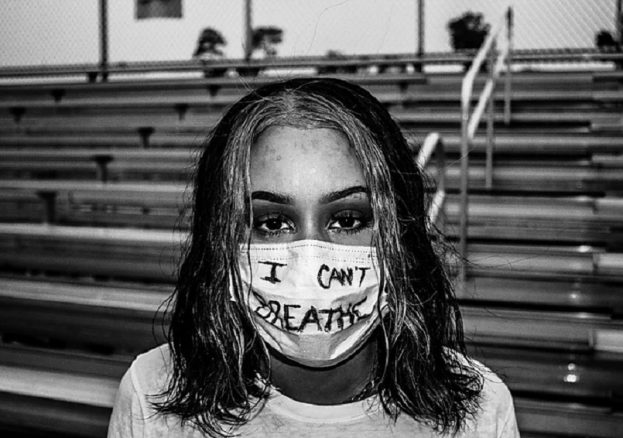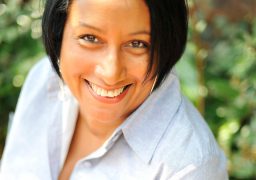
I have been silent. Not because I haven’t been affected by all that has happened, but because I have been worried about what I can contribute that would be of use.

This situation has been eloquently discussed and debated for many years and I find myself reading and rereading the work of previous scholars and activists who have absolutely been able to put their finger on what is happening and why. I was walking the other day with a friend (social distancing, of course) and as we walked down a very affluent road, looking at the windows and plants and wondering how many bedrooms the house had, it occurred to us both simultaneously that if we had been anywhere else – two black women strolling down a street looking in at houses – our presence could have been so misinterpreted. I’m glad that I don’t live in America.
But I am worried that the UK believes that it is so much better.
I worry that the sharp edges of racism that many of us experience all the time become momentarily illuminated by flashpoints of horror and an outpouring of concern. What worries me more is that we know from past experience that this concern will pass. That we will quickly forget what we have seen – the many reports that we have read and the statistics we have pored over. In wanting to be proactive by way of response, I have seen the system discussing distribution of funds to communities, talk of ‘ring fencing funds’ so that they get to where they need to go, of mapping exercises, of undertaking positive action, of allyship, of reading that now famous book by Reni Eddo-Lodge, Why I’m No Longer Talking To White People About Race – and whilst this all sounds seductive, I find myself wondering, ‘to what end? ‘
The ends it seems to me are critically important.
If we measure success by the percentage of resources distributed to BME communities, or the numbers of individuals from these communities seated around the table, we will be missing the bigger point. The type of change that is required isn’t instantaneous. It isn’t about a quick transfer of resources or the inclusion of ‘different’ types of people. It is about creating the kind of society where lives are not impacted on by racism. It is about being focussed on what we can do that is going to bring about sustainable change – and more importantly what we do outside of the limelight, when we are least expected to.
